The gaming industry has witnessed a surge in player complaints regarding AI-powered sorting response systems in recent months. As developers increasingly rely on artificial intelligence to handle player support tickets, reports of misclassified issues, delayed responses, and frustrating automated interactions have flooded community forums and social media platforms.
Players across multiple major titles report experiencing nearly identical problems with these automated support systems. The most common complaint centers around the system's inability to properly categorize complex or nuanced player issues. "I submitted a ticket about a progression-blocking bug combined with lost inventory items," explains Mark R., a longtime MMO player. "The AI kept bouncing me between 'technical issues' and 'account recovery' categories for days before I finally got a human to look at it."
Game studios have been quick to defend their implementation of these systems, citing the overwhelming volume of support tickets received daily. One major publisher revealed they process over 500,000 player inquiries monthly, a number that would require an impossibly large support staff to handle manually. The AI systems theoretically sort these tickets by urgency and category, allowing human agents to prioritize critical issues while automated responses handle simpler queries.
However, the reality often falls short of this ideal. Analysis of player reports shows particular frustration with circular automated responses that fail to address the core issue. Many describe receiving what appear to be template responses that slightly modify wording based on keywords but demonstrate no actual comprehension of the problem. This leads to players either abandoning their complaints or spamming the system with duplicate tickets in hopes of reaching a human.
The psychological impact of these interactions shouldn't be underestimated. Players facing game-breaking bugs or account issues are often already frustrated when reaching out to support. Being met with an automated system that seems incapable of understanding their problem frequently exacerbates this frustration. "It makes you feel like the company doesn't actually care about fixing your issue," shares Sarah L., a competitive shooter enthusiast. "You're just shouting into a void that keeps spitting back variations of 'have you tried restarting the game?'"
Some developers have begun implementing hybrid systems where the AI handles initial sorting but guarantees human review if the player remains unsatisfied after two automated responses. Early data suggests this approach reduces player frustration while still maintaining efficiency gains. However, it requires maintaining a larger support staff than purely AI-driven systems, cutting into the cost savings that made automated solutions attractive in the first place.
The underlying technology may simply not be ready for prime time. While AI has made tremendous strides in natural language processing, gaming support tickets often involve highly specific technical descriptions or require understanding context across multiple game systems. Current systems struggle with tickets that don't fit neatly into predefined categories or that combine multiple issues. This results in either misrouted tickets or, worse, the system closing tickets prematurely with irrelevant "solutions."
Player trust in support systems appears to be eroding as these issues persist. Community managers across several games report increasing difficulty getting players to submit proper bug reports through official channels, with many opting to voice complaints only on social media instead. This creates a vicious cycle where developers receive less useful data for improving their games while players grow more convinced that official support is ineffective.
Looking ahead, the industry faces difficult choices. Completely abandoning AI sorting isn't feasible given the scale of modern gaming communities, but the current implementations are clearly falling short of player expectations. Some smaller studios have found success using AI as an assistant to human agents rather than a replacement, with the technology suggesting possible solutions that the human can approve or modify. This maintains the human touch while still providing efficiency benefits.
As player expectations for support continue to rise alongside gaming's increasing prominence in entertainment, solving the AI sorting dilemma may become crucial for maintaining player retention and satisfaction. The companies that crack this balance between automation and genuine support will likely gain significant competitive advantage in the years to come.

By /Jul 29, 2025
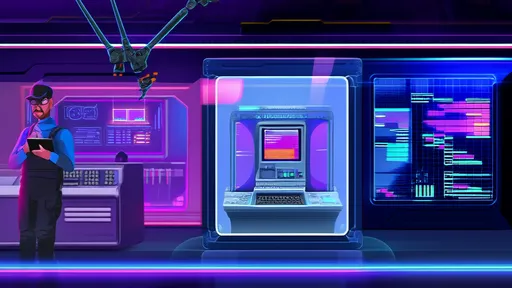
By /Jul 29, 2025

By /Jul 29, 2025

By /Jul 29, 2025

By /Jul 29, 2025

By /Jul 29, 2025
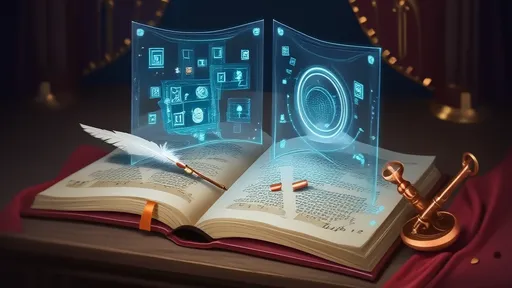
By /Jul 29, 2025

By /Jul 29, 2025

By /Jul 29, 2025
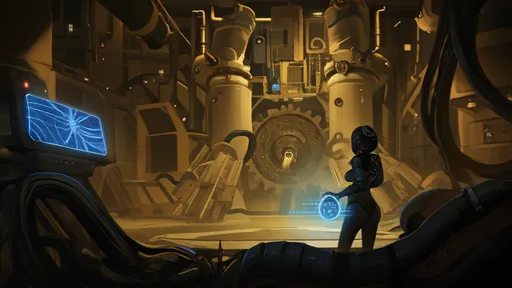
By /Jul 29, 2025

By /Jul 29, 2025
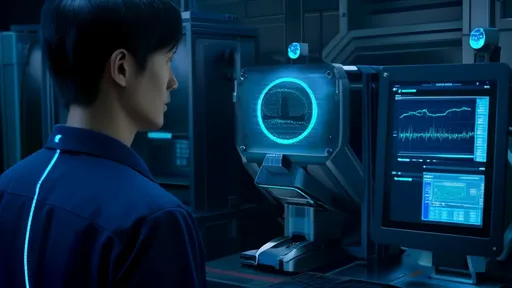
By /Jul 29, 2025

By /Jul 29, 2025
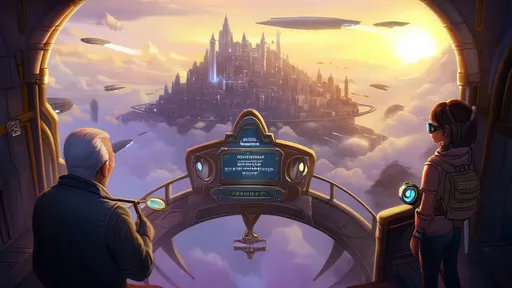
By /Jul 29, 2025
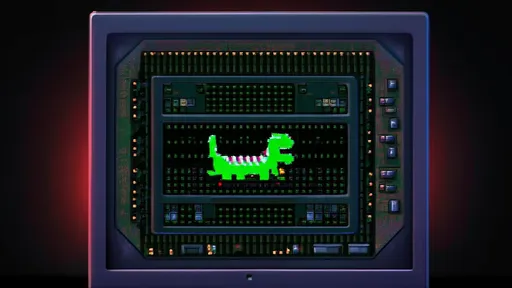
By /Jul 29, 2025

By /Jul 29, 2025
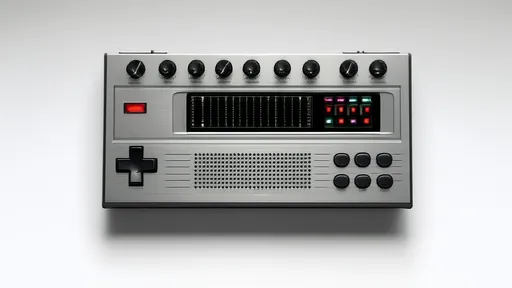
By /Jul 29, 2025

By /Jul 29, 2025

By /Jul 29, 2025
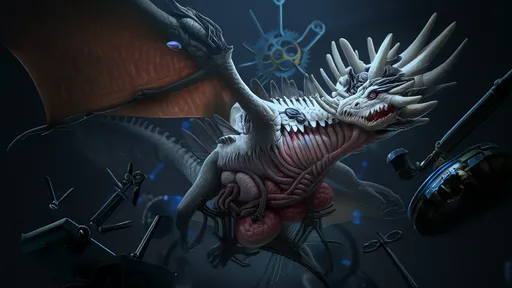
By /Jul 29, 2025